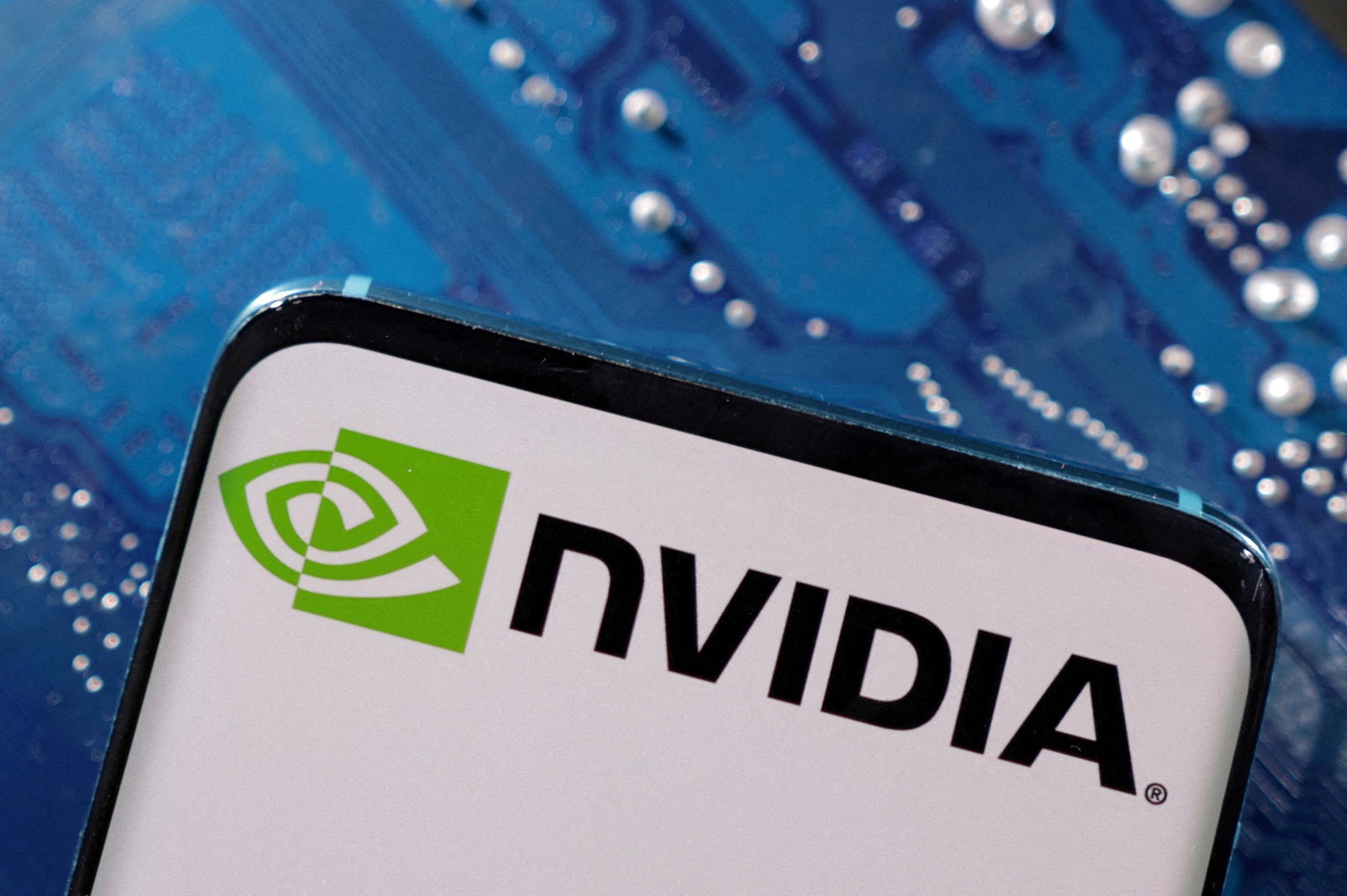Malaysia’s tech hub ambition takes major leap with new ministry spearheading digital transformation
Under Anwar, “digital” has become a catch-all term for tech-related initiatives, including the rebranding of the communications and multimedia ministry to the communications and digital ministry.
Malaysia’s Anwar shakes up cabinet, brings in 5 new faces
Malaysia’s Anwar shakes up cabinet, brings in 5 new faces
Incumbent minister Fahmi Fadzil oversees communications in the new ministry while Gobind Singh Deo, who previously held Fahmi’s post, is the country’s first minister of digital.
The ministry is in charge of the Malaysia Digital Economy Corporation, and the Malaysian Administrative Modernisation and Management Planning Unit, signalling its intention to streamline processes.
The communications arm of the ministry continues to handle operational and enforcement matters in telecommunications and multimedia.
The cabinet reshuffle came after local conglomerate YTL last week announced a US$4.3 billion investment deal with Nvidia to deploy AI technology, including supercomputers and cloud computing, at the YTL Green Data Center Park in Kulai, Johor.
Why Singapore’s new AI plan could help Asia’s cybercrime fight
Why Singapore’s new AI plan could help Asia’s cybercrime fight
The market for data centres in Malaysia is expected to grow to US$2.25 billion in 2028 from last year.
Over 40 data centres have sprung up in Malaysia since the government started focusing on expanding the sector in 2010. They include centres operated by data giant Amazon Web Services (AWS), which is expanding its presence in Malaysia in 2024 with a US$6 billion investment in a data centre.
AI ambitions
One critical area to realise Malaysia’s long-term tech ambition is AI, a field that has gained global prominence in recent years with the emergence of ChatGPT, an AI chatbot.
Raymond Teh, Senior Vice President of the Asia-Pacific region at Nvidia, said the company’s collaboration with YTL would help deliver advanced AI computing infrastructure to enable Malaysia to build large language models (LLMs) and power its next wave of generative AI applications.

LLMs are the engine in AI technology that powers ChatGPT and generates AI images.
Farah Fauzi, managing director of innovation consulting firm Opt-In Studio, said the YTL-Nvidia partnership will be a boon for local AI-based startups.
“[Nvidia’s] natural language processing technology will help data centre operators automate more processes, like customer service or help desk functions,” Farah told This Week in Asia.
The projected increase in tech investments in Malaysia could also help spur digital transformation in other sectors such as finance, healthcare, and manufacturing, Farah said.
Data security concerns
With the flurry of tech investments in data centres and AI, data security has also emerged as a major area of concern in Malaysia, particularly following the launch of the Malaysian Digital ID initiative on December 1.
Censorship rises in Malaysia under Anwar despite his pro-reform pledge: report
Censorship rises in Malaysia under Anwar despite his pro-reform pledge: report
The initiative is aimed at consolidating the government’s scattered databases of personal data of Malaysians into a single repository. With Digital ID, the government can, for instance, have a better overview of the financial positions of individual Malaysians to better target subsidies for them instead of the current one-size-fits-all approach.
The centralised system is expected to consolidate 270 databases into one single database by January next year, said Minister of Economy Rafizi Ramli, who is spearheading the move.
However, Digital ID has triggered data security concerns among Malaysians in light of a spike in recent cases of data theft and scams in the country.
Data breaches in Malaysia had risen by 144 per cent in the third quarter, compared with a 76 per cent decline in such incidents globally in the same period, based on a cybersecurity report by Surfshark, a virtual private network service provider.
Malaysia was the “eighth most breached country” during the period, with more than 490,000 leaked accounts, according to the report.
Can Malaysia attract ‘picky’ tourists as TikTok changes Chinese travel habits?
Can Malaysia attract ‘picky’ tourists as TikTok changes Chinese travel habits?
Sandy Woo, Country Director of cybersecurity firm Veritas Technologies Malaysia, said that data security concerns arising from emerging technologies would be a challenge for Malaysia as it strives to become the regional digital hub.
“The emergence of AI and 5G creates new threats that require a continuous adaptation of cybersecurity measures as well as the collaboration of various stakeholders,” Woo told This Week in Asia.
The government is ramping up investments to boost its cybersecurity efforts by allocating an additional US$12.85 million to the US$434 million earmarked under its Malaysia Cyber Security Strategy 2020-2024.
But Woo said there was an urgent need to expand the pool of cybersecurity professionals and skills-training programmes in this area. According to government data, the country has less than 20,000 cybersecurity experts.
“Before anything, it is crucial to get the basics right,” she said.

